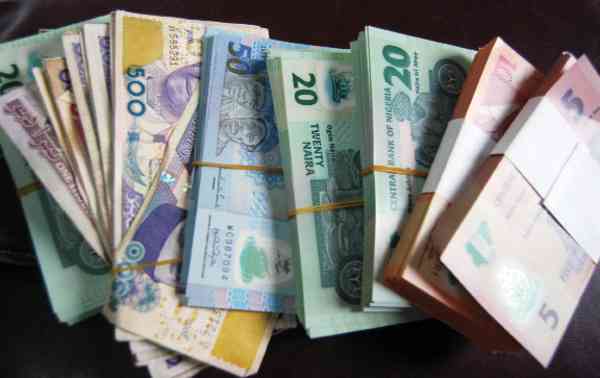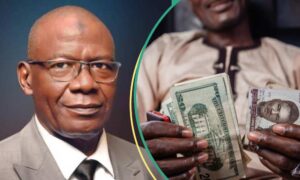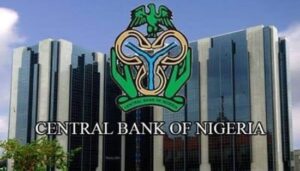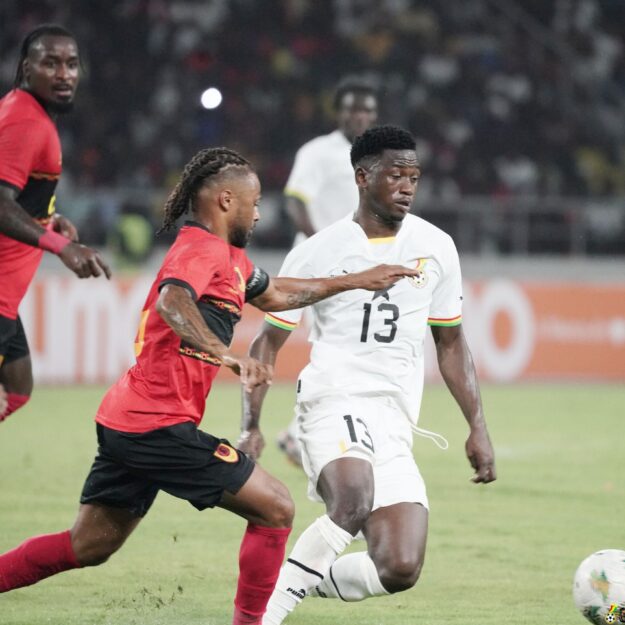
The naira appreciated against the dollar at the weekend after days of panic buying amid speculations that the Nigerian central bank may devalue the local currency.
The Nigerian currency had lost ground against the dollar earlier in the week, trading between N366 and N368 amidst the slowdown in global demand for oil caused by Covid-19.
Apart from the effect of Covid-19 on the global economy, a breakdown in talks between the Organisation of Petroleum Exporting Countries (OPEC) and its allies led to a freefall earlier in the week, with oil prices crashing to $33.
Nigeria relies heavily on oil to fund its budgetary obligation and fix infrastructure. Consequently, a crash in price and reduction in oil demand have affected the flow of dollars into the economy, resulting in illiquidity and buying pressure in the market.
On Thursday, the naira slipped to over N400 against the dollar, raising fears of further depreciation among Nigerians. Reports said it sold for about N430 in the parallel market.
But on Friday, the naira appreciated amid warning by the Nigerian apex bank that there was no plan to devalue the currency, trading at N375 against the dollar.
The CBN in its warning added that the recent calls for the devaluation of the Naira in response to the current global economic challenge was inappropriate, saying the time was not ripe for such an intervention.
The CBN said it has commenced investigations in collaboration with the Nigerian Financial Intelligence Unit (NFIU) and related agencies to uncover the unscrupulous persons and FX dealers “behind the panic call”.
Until the outbreak of coronavirus in recent months, the Nigeria currency has witnessed relative stability.
Earlier in 2016, the Nigerian economy slipped into recession amid crash in oil prices, trade deficit, unrest in the Niger Delta and depleting reserves. There, however, was a coordinated approach by the fiscal and monetary authorities to tackle the crisis and the nation slipped out of recession in the second quarter of 2017.
Until recently, the naira has witnessed relative stability since mid-2017, averaging N360.
Since the beginning of the coronavirus outbreak in China in December, over 80 countries have reported at least a case of the disease, with devastating effect on the global economy.
On February 27, an Italian businessman who had flown into the country for business tested positive. Thus, Nigeria became one of the six African countries that have reported at least a case of the virus on the continent.
The virus has had negative effect on global demand for oil, with attendant crash in prices. Crude oil prices recorded its biggest single-day drop last Sunday to trade at $33 per barrel.
China, one of the world’s largest importers of crude oil, has had its economy shut down to control the spread of the virus. The development has led to reduction in its demand for crude oil as industries and airlines have stopped operations.
You may be interested

Orban’s Lyon Face Provisional Relegation To Ligue 2 Amid Financial Woes
Webby - November 15, 2024Olympique Lyon the club of Nigerian striker Gift Orban, have been handed a provisional Ligue 1 relegation by theDNCG who…

Ghana Miss Out On AFCON 2025 Qualification After Draw With Angola
Webby - November 15, 2024Black Stars of Ghana’s hopes of qualifying for next year’s AFCON was ended after they played a 1-1 draw away…

‘It Was A Fair Result’ — Troost-Ekong Reacts To Super Eagles Stalemate Vs Benin Republic
Webby - November 15, 2024Super Eagles captain William Troost-Ekong claimed the Super Eagles deserved a point from their 2025 Africa Cup of Nations qualifying…



















![American Pastor, David Wilson Seen Eating The Box Of Woman Who Isn’t His Wife [Video]](https://onlinenigeria.com/wp-content/uploads/2019/10/american-pastor-david-wilson-seen-eating-the-box-of-woman-who-isnt-his-wife-video-150x150.jpg)









